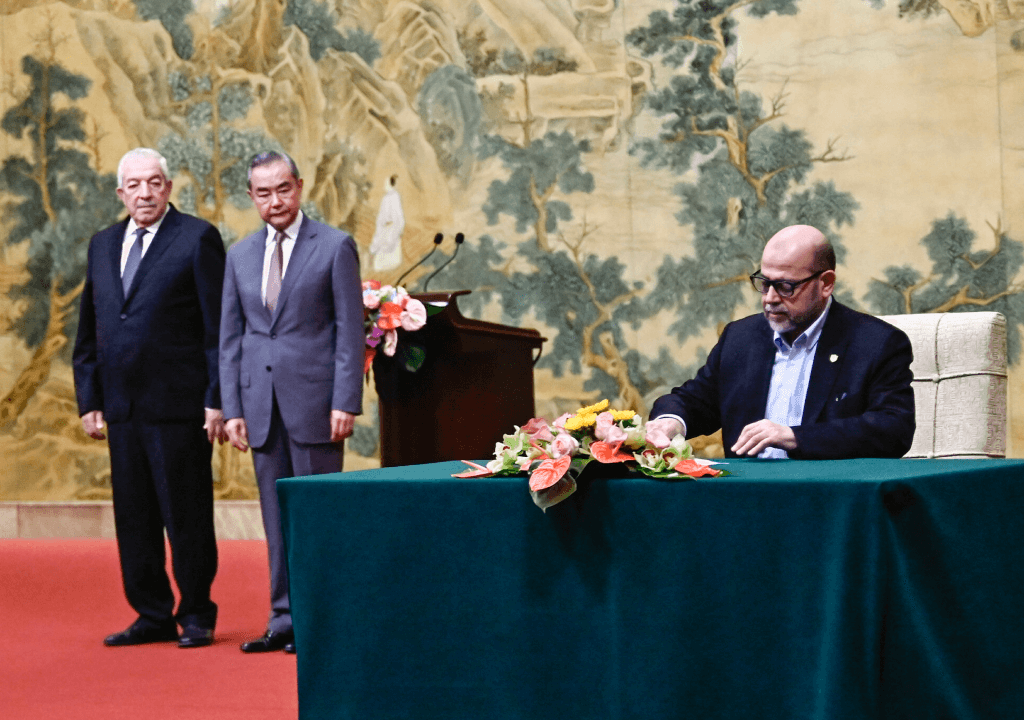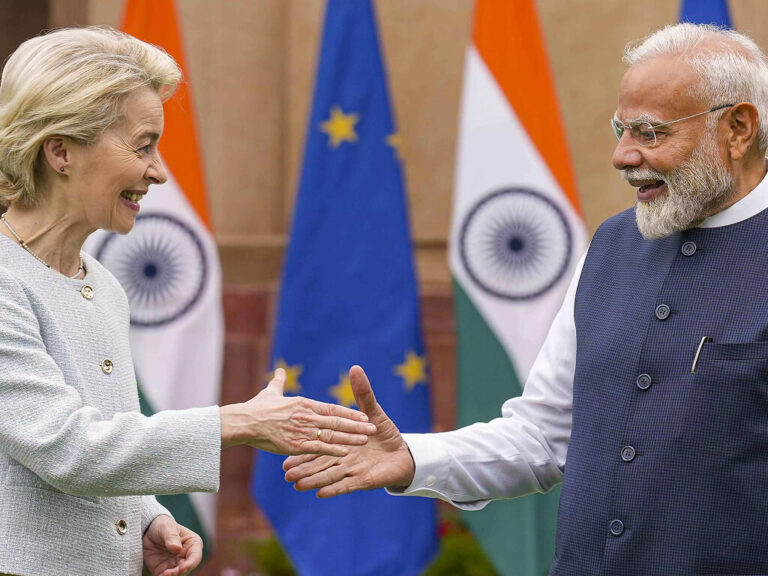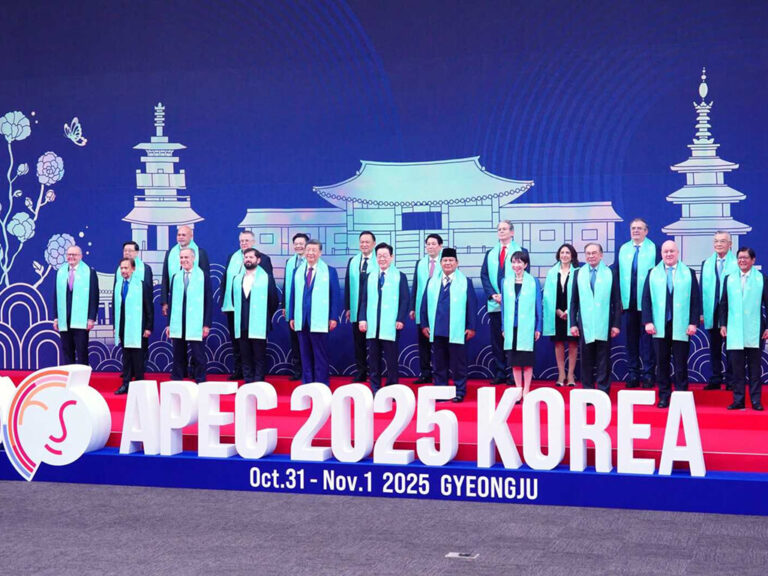Even though it has reasons, Gaza is facing one of the worst humanitarian crises. So-called modern valued countries in the West have failed to address the issue, or they fear Israel. Arab countries are found ineffective, and Islamists exploit the situation to cultivate hatred and boost the revival of notorious Islamist organizations. Though everyone, including Arab countries, now knows that a two-state solution is the most feasible solution, the West can’t even suggest it to Israel, as Israel plans to annex Gaza and the West Bank and eliminate all threats.
At the same time, The Palestinian Authority is split, with different factions focusing on personal interests rather than addressing the basic needs of their people. However, an interesting development has emerged: China has decided to unite these divided factions. China has effectively mediated talks and meetings to consolidate the Palestinian factions, advancing their two-state demand with greater assertiveness and authority.
For the Palestinian cause and the movement towards a two-state solution, this is a major development. On Tuesday, leaders from Notorious Hamas, the West Bank’s main party Fatah, and other Palestinian factions reached an agreement after three days of talks in Beijing. They have pledged to enhance collaboration, continue discussions, and establish a national unity government at an unspecified future date. This agreement between Fatah and Hamas represents a significant advancement from previous agreements since their 2007 conflict, which led to Hamas ousting Fatah from the Gaza Strip. The “Beijing Declaration,” signed by 14 Palestinian factions, is a notable step forward in negotiations, though it lacks specific details on how to achieve Palestinian unification. Notably, the agreement emphasizes that the factions should work together to unify Palestinian institutions in the West Bank and Gaza and prepare for national elections.
This move is a significant diplomatic win for China, who are seeking global leadership status. They have achieved what Western countries and Arab states, despite having closer relationships with the factions, could not. Bringing long-fighting factions to the negotiating table and proposing more practical plans has bolstered China’s status as a global mediator and increased its influence in the Middle East.
However, there are many criticisms. Some argue that this move does not affect Israel’s actions in Gaza and that without including Israel in the negotiations, it is a waste of time. The involvement of Hamas, responsible for the brutal attack last October, which killed, raped, and kidnapped many and caused chaos in Israel, is unacceptable to both Israel and the US. Any collaboration with Hamas is unlikely to be accepted by Israel, as evidenced by the collapse of previous peace plans pushed by the United States. Israel’s politics are also now linked to actions against Hamas. On Tuesday, Israel’s Foreign Minister Israel Katz reacted angrily to the inclusion of Hamas in the Beijing Declaration. In a post on X, Katz stated that the agreement for joint control of Gaza after the war “won’t happen because Hamas’s rule will be crushed.”
Although there are doubts about whether the meetings of Palestinian factions – due to their lack of popular support, corrupt leaders, and luxurious lifestyles abroad – can bring real change in Palestinian lives or unity, China’s emergence as a global mediator and key power broker in the Middle East is nonetheless significant. China has shown increasing interest in the Middle East in recent years and is trying to assert more influence in the region. Last year, Beijing successfully mediated a detente between Saudi Arabia and Iran, raising concerns in Washington about the diminishing influence of the US in the region. Therefore, China’s involvement in this situation appears less focused on resolving the crisis itself and more on Beijing’s effort to establish itself as an alternative global leader to the US.








